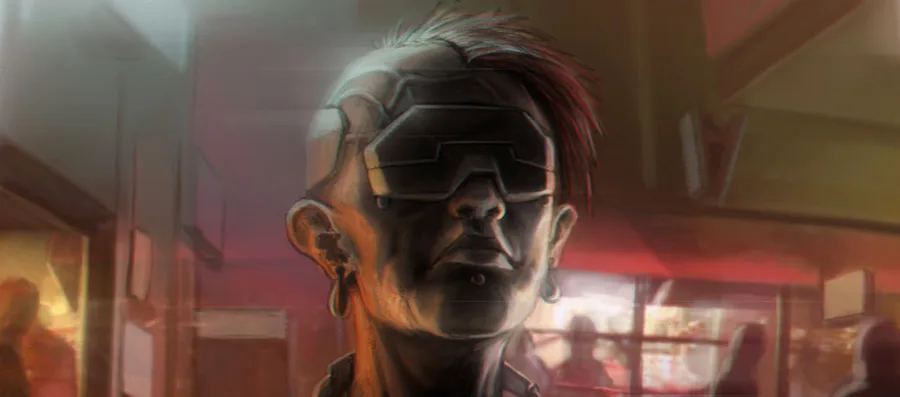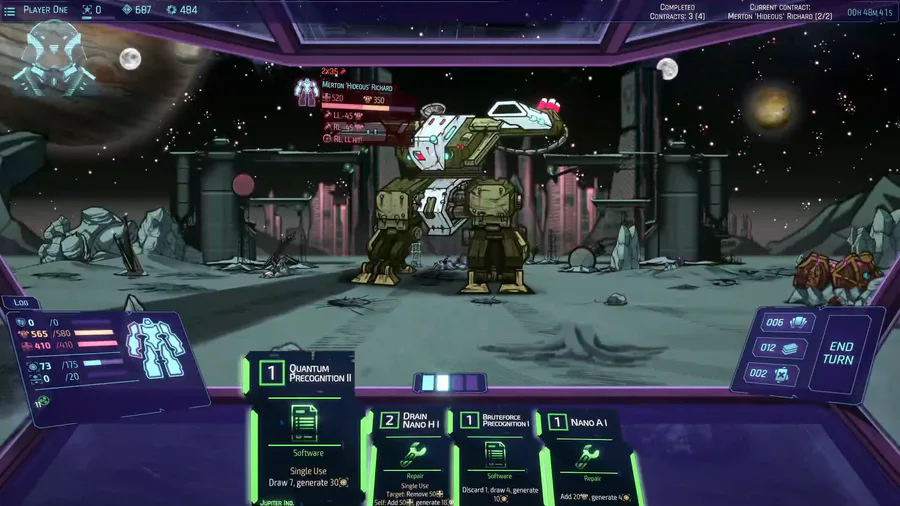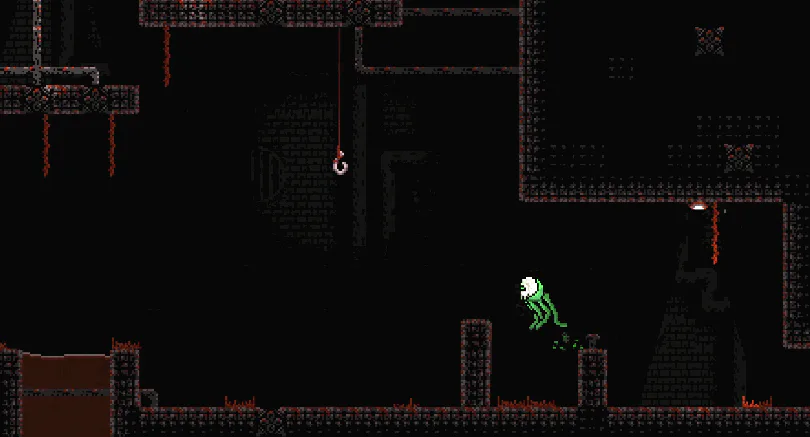“Anything that can be done to a rat can be done to a human being.
And we can do most anything to rats.
This is a hard thing to think about, but it’s the truth.
It won’t go away because we cover our eyes.
That is cyberpunk.” – Bruce Bethke, 1980
Cyberpunk
We toss the word cybepunk around a lot in the Dex community, and we all have our own ideas about what it means, but let’s take a look at its actual origins.
The term “cyberpunk“ was first used by American writer Bruce Bethke in his short story Cyberpunk in 1983. The story describes a group of “cybernetic punks” who presented a subcultural threat to the mainstream society. Bethke’s cyberpunks manifested their subversiveness through hacking and cybercrime, which made them significantly more dangerous than their real punk cousins from the 20th century.
Cyberpunk as a name of a literary genre was introduced by Gardner Dozois, the editor of Asimov’s Science Fiction magazine. The genre became famous a few years later thanks to William Gibson and his cult-novel Neuromancer (1984), which established many of the defining features later expanded on by other cyberpunk writers.
In cinema, the defining masterpiece was Blade Runner (1982), an adaptation of P.K. Dick’s novel Blade Runner: Do Androids Dream of Electric Sheep? (1968).
Cyber-Punk
The word “Cyber” has its roots in cybernetics, which is the discipline of studying systems (biological, social, and artificial) and the transfer of information within them. It is closely connected with information, interaction, AI, and communication and therefore also with social control, which is one of the frequent motives of cyberpunk works.
“Punk” as a social phenomenon emerged in the 1970s as the stepchild of several Western underground cultures infused by the violent irreverence of punk-rock music. It strove to shock and deconstruct social norms by emphasizing freedom of the individual and opposition toward authorities. Punk is frequently connected with anarchist ideas, anti-capitalism, promiscuous sex, and recreational use of drugs.
The term “cyberpunk” sets the powerful system of technologically advanced society in conflict with the freedom of individual. The situation is well captured by the phrase “high tech – low life.”
Cyberpunk suggests a vision of the world where technological advancement greatly surpasses humaneness and technology becomes humanity’s own whip instead of its tool.











0 comments